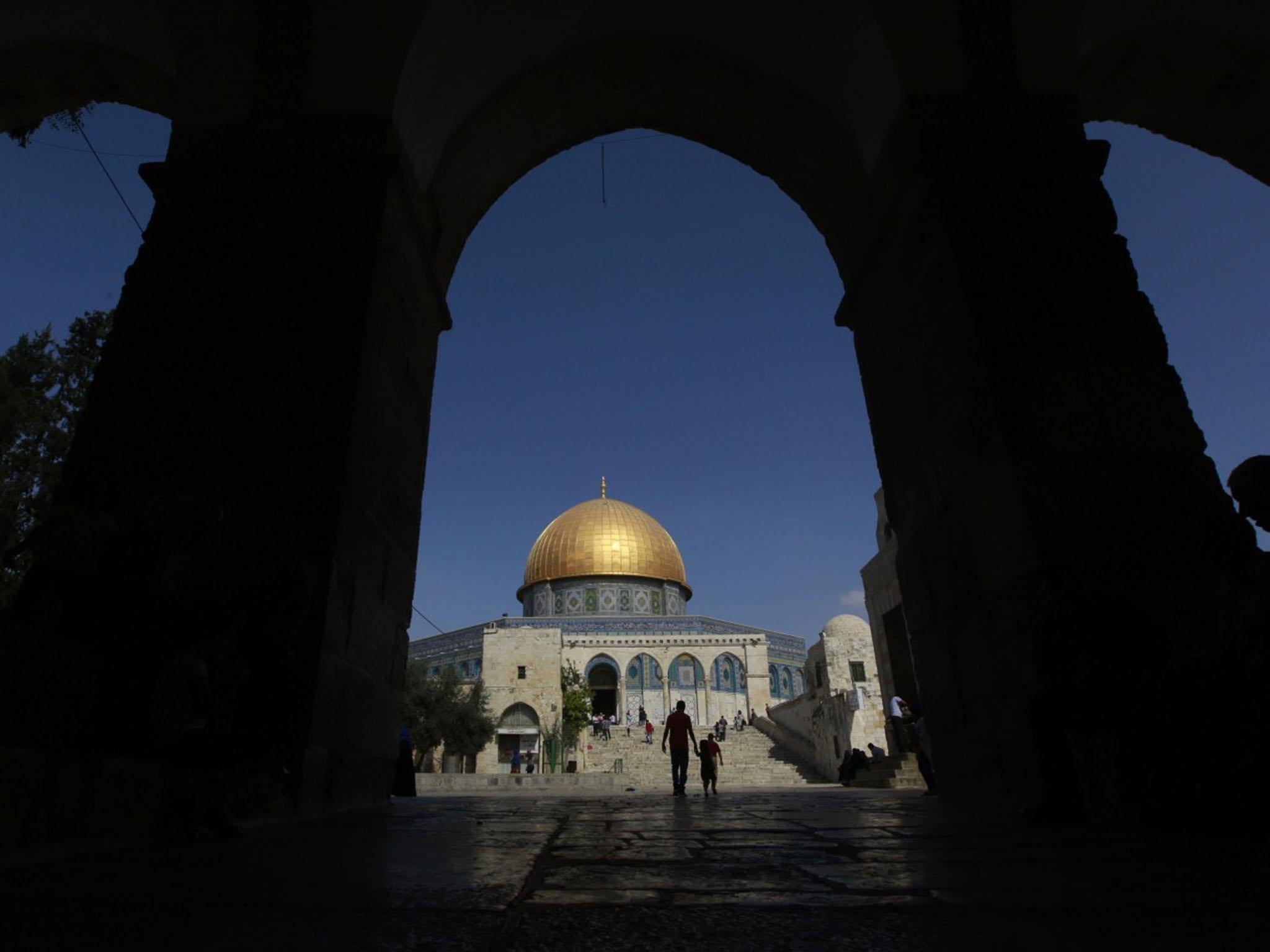Israeli anger over Unesco ruling on Jerusalem calling state an ‘occupying power’
Right-wing members of governing coalition argue critical resolution is grounds to eject UN from the eternal city altogether

Politicians in Israel are calling for the UN to be expelled from Jerusalem following a resolution from the agency's cultural body rejecting the state’s sovereignty over holy sites in the eternal city.
Tuesday’s Unesco vote, which reaffirms “the importance of the Old City of Jerusalem and its walls for the three monotheistic religions", also accused Israel of actions that have "altered, or purport to alter the character and status of the Holy City".
The declaration that the city is “occupied” and Israel’s rule over it is “null and void” was backed by 22 countries. The US, Germany, UK and seven other countries voted against it.
Israel’s Culture and Sport Minister Miri Regev of the right-wing Likud party said the decision should prompt the government to expel the UN from its headquarters in the city altogether.
"50 years of our sovereignty in the city, there is no need for the presence of UN observers,” she told Channel 2 on Tuesday.
“They were given the opportunity to use [a compound] to supervise the ceasefire agreements of the Six Day War – agreements that are no longer relevant. This saga must end.”
Israel’s envoy to Unesco Carmel Shama-Hacohen was more cautious, telling Israeli media the country would need to “weigh the issue carefully” before deciding how to respond.
The resolution first proposed in October 2016 by several Muslim majority states criticised restrictions placed by the Israeli government on Muslim worshippers at the Temple Mount, as it is known in Judaism, or Haram al-Sharif, as it is called in Islam.
The Jerusalem hilltop is revered by Jews as the site of two destroyed Biblical temples. In Islam, it is said to be where the Prophet Mohammed ascended to heaven.
A draft of the text also included a clause that said that the holy Western Wall which runs along the perimeter of one edge of the site should be considered part of the al-Aqsa mosque compound – a space currently reserved for and administered by Muslims.
Such a move could have been a starting point for removing the Jewish right to pray and leave written messages between the stones at the Western Wall. It was dropped from the final copy, which still led Israel to suspend ties with Unesco over the "denial of Jewish history."
Muslim worshippers’ access to al-Aqsa – or lack of it – has been a recurrent flashpoint for Israeli-Palestinian tensions in a renewed wave of violence over the last 18 months.
Palestinian Foreign Minister Riyad Malki welcomed the result of the vote.
The world has chosen to "stand on the side of what is right in the face of [Israel's] injustice, occupation and its illegitimate policies,” he said.
"We will defend our heritage and culture, our past and our future.
The watered-down draft decision was still widely derided by Israeli officials as well as the US mission to the UN.
“Once again, the United States rejects the adoption of these anti-Israel resolutions at Unesco,” a spokesperson from the US mission to the UN told the Times of Israel.
“Like other parts of the UN system, Unesco is too often used as a vehicle by member states inclined to deride and delegitimise the state of Israel."
Palestine was recognised as a full member of Unesco in 2011 despite intense opposition from Israel and the US. The decision was celebrated by Palestinians and campaigners who saw it as a stepping stone on the path to giving the Territories full statehood.
Relations between Unesco and Israel have been rocky since.
The cultural heritage body’s executive board decision goes to the plenary on Friday, a spokesperson said.
Join our commenting forum
Join thought-provoking conversations, follow other Independent readers and see their replies
Comments